Directory and Map
Below are an interactive map and a directory of all FCEs.
Below are an interactive map and a directory of all FCEs.
The FCE locations display as blue pins to the Google Map below.
There are lots of ways to use Google Maps on your computer, phone, or tablet. Here are some things you can do.
Explore the map: Click anywhere on the Google Map to get details about a place.
Move the map: Click anywhere on the Google Map and then use the arrow keys on your keyboard or swipe with your mouse.
Zoom in or out of the map: Press the Plus (+) or Minus (-) keys in the lower-left cover of the map. Or click anywhere on the Google Map and then use the scroll wheel on your mouse.
Learn more about an FCE: Select the blue pin on the map below and the FCE information will pop up on the left side.
Search the directory below for research areas and techniques.


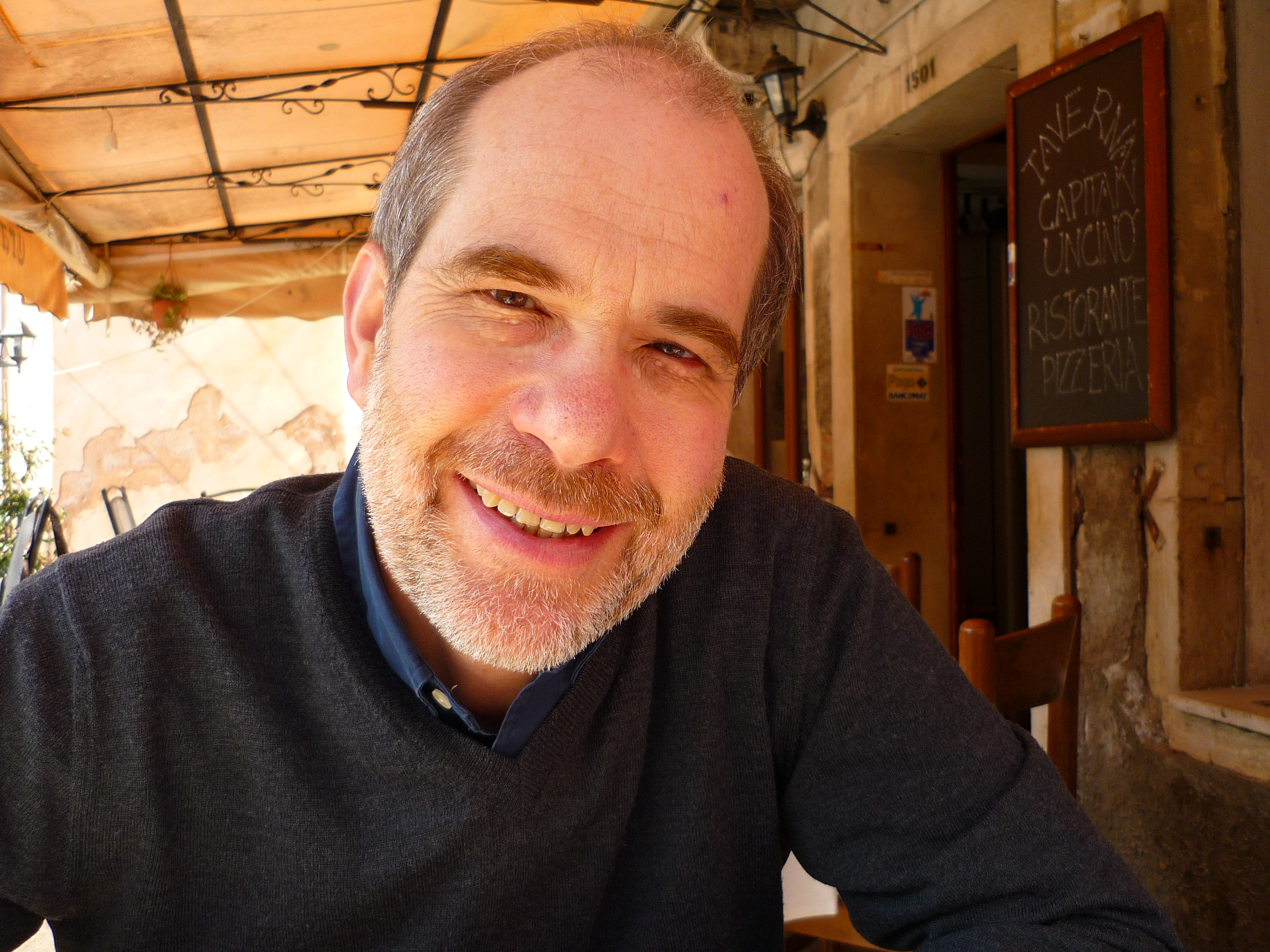
Dr. Antoine Toubert, MD, PhD, antoine.toubert@univ-paris-diderot.fr
Dr. Marie Roelens, MD, marie.roelens@neuf.fr
Dr. Karl Balabanian, PhD; Dr. Marion Espéli, PhD; Dr. Nicolas Dulphy, PhD; Dr. Hélène Moins, MD, PhD; Dr. Anne Caignard, PhD; Dr. Kamel Benlagha, PhD; Dr. Matthieu Allez, MD, PhD; Dr. Diane Goere, MD, PhD; Dr. Dominique Farge, MD, PhD; Dr. Delphine Réa, MD, PhD; Dr. Thomas Aparicio, MD.
The Saint-Louis hospital (Université Paris Diderot, INSERM, AP-HP) campus in Paris is a leading center in France and Europe for research, education and personalized medicine in Hematology, Oncology, and translational Immunology. We focus especially on the role of chemokines in the interaction between stroma and lymphocytes in the hematopoietic niche, the study of malignant Hematologic disorders (AML, MDS) and hematopoietic stem cell transplantation (HSCT), the development of T lymphocytes in the thymus. We have recently identified a genetic variation influencing the rate of healthy human thymopoiesis (Clave et al., Science Transl Med 2018). Mucosal immunity in inflammation and cancer is also a major topic developed in the center. In all, the center is focused on understanding the role of the microenvironment in altering the outcomes of immune development and activation in the contexts of bone marrow, thymus and gut.



Dr. Megan Levings, PhD, mlevings@bcchr.ca
Dr. Laura Sly, PhD, lsly@bcchr.ca
Dr. Laura Cook, PhD, lcook@bcchr.ca
Stuart Turvey; Pascal Lavoie; Peter van den Elzen; Kelly Brown; Alex Beristain; Bruce Vallance; Edmond Chan; Soren Gantt; Kirk Schultz; Bruce Verchere; Laura Sly; Ted Steiner; Jan Dutz.
We are a hospital-based research institute conducting translational immunology that is relevant to children's health. Our expertise spans the breadth of childhood immunological diseases, with areas of focus in type 1 diabetes, inflammatory bowel disease, rheumatological diseases, allergy/asthma, vaccines, transplantation and primary immunodeficiency.




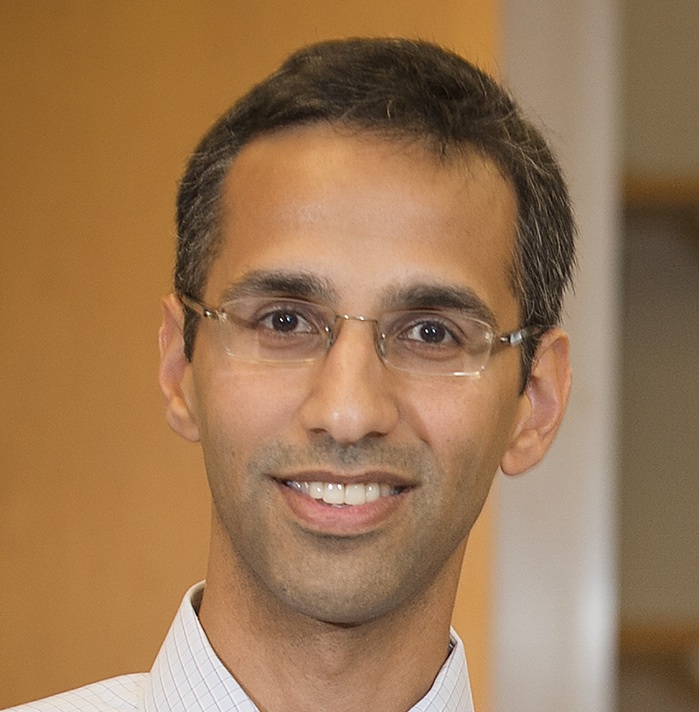
Dr. Deepak Rao, MD, PhD, darao@bwh.harvard.edu
Michael Brenner, Patrick Brennan, Branch Moody, Joerg Erman, Deepak Rao, I-Cheng Ho, Peter Nigrovic, Soumya Raychaudhuri, Josh Boyce, Nora Barrett, Duane Wesemann.
We pursue mechanistic and translational studies of autoimmunity and allergy through a combination of high-dimensional analyses of patient samples, in vitro manipulations, and murine models. The Brigham and Women’s Hospital FCE aims to define the immune cell phenotypes and pathways that drive pathologic autoimmune and allergic responses in patients. Immunologists, rheumatologists, allergists work together to study blood and tissue samples from affected patients and to model abnormally regulated pathways in animal and culture models. We aim to 1) identify new therapeutic targets in immune-mediated diseases, 2) develop biomarkers to help guide therapy of immune diseases, and 3) train students and fellows in immunology research.



Dr. Jose M. Garcia Ruiz de Morales, MD, PhD, jgarcir@gmail.com
Dr. Sara Calleja, MD, scallejaantolin@gmail.com
Judith Montanchez, jmontanchez1@gmail.com
Miguel Cordero-Coma Felipe Fernandez-Vazquez Fernando Ramos Ortega
Hospital-based translational research on mechanisms of disease and immunotherapy
Flow Cytometry,Gastroenterology,Immunodeficiency Diseases,Immunotherapy,Inflammation
Biomarker Analysis,Clinical trial design,Flow Cytometry,Immunofluoresence,Standardized flow cytometry
Hospital-based translational research on mechanisms of disease and immunotherapy


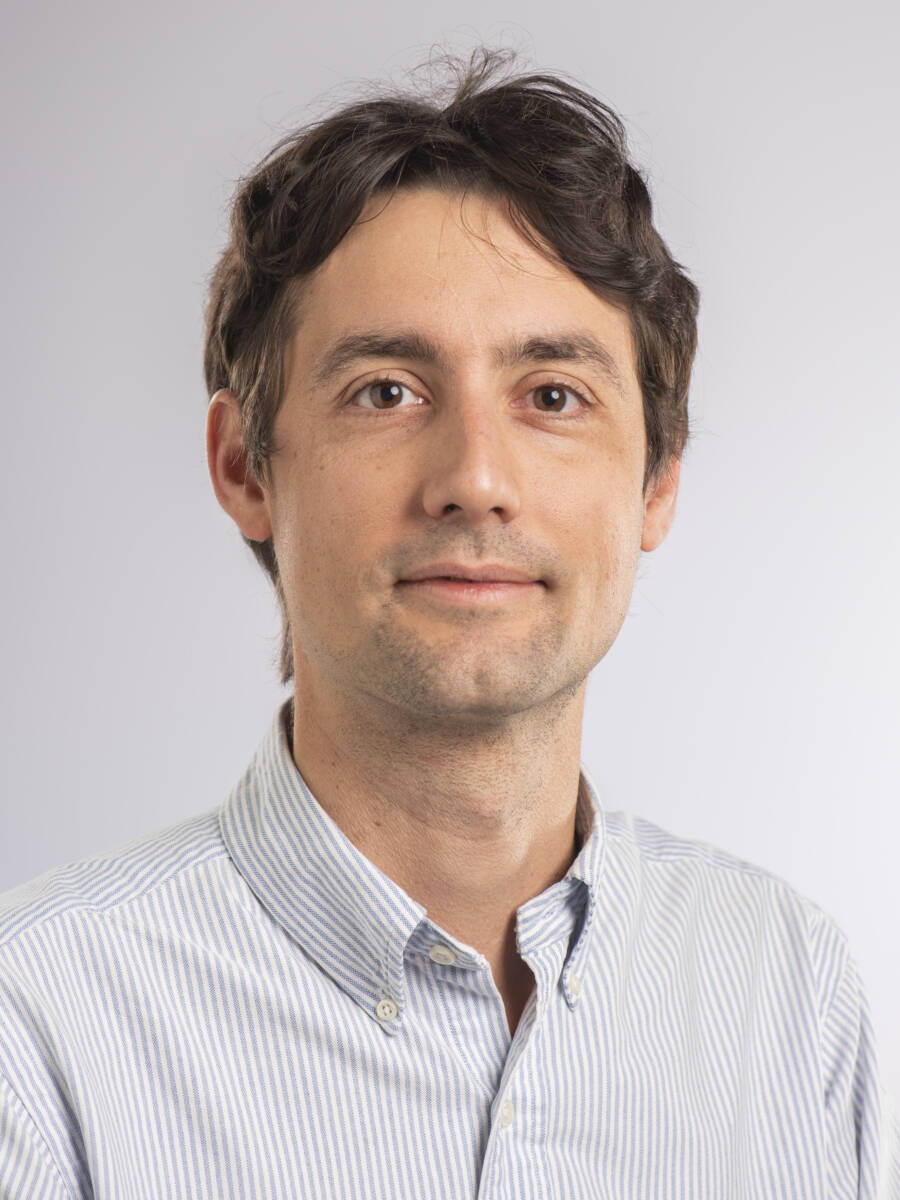
Yannick Muller, yannick.muller@chuv.ch
Laurent Perez, Laurent.perez@chuv.ch
Raphaël Porret, raphael.porret@chuv.ch
Pr. Giuseppe Pantaleo, Pr. Manuel Pascual, Pr. George Coukos, Pr. Renaud Du Pasquier, Pr. Thomas Hügle, Pr. Darius Moradpour, Pr. Laurence De Leval, Pr. Michel Gilliet, Pr. Thierry Calandra, Pr. Fadi Fakhouri, Pr. Christophe Von Garnier, Pr. Raphael Gottardo
The Center of human immunology of Lausanne (CHIL) was inaugurated in July 2021. It consists of a multidisciplinary ‘task force’ of scientists and physicians from the University Hospital of Lausanne to tackle the immunological complexity of inflammatory, infectious, and oncological diseases. The CHIL regroups laboratories of 11 clinical divisions and a biomedical data science center. The primary missions of the CHIL are (1) to define the immunological fingerprint of the innate and adaptive immune system, (2) to expand routine clinical diagnostics by implementing new technologies (3) to create a uniform platform aiming at academic excellence in teaching and (4) to develop and generate new immunotherapies.
Prof. Dr. med. Ricardo Grieshaber-Bouyer,


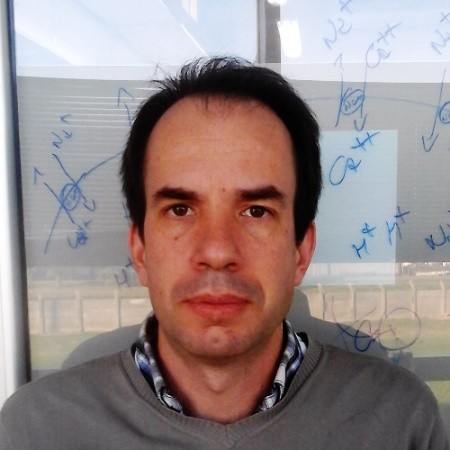


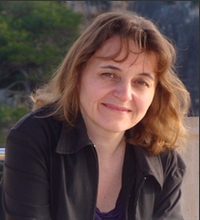
Dr. Carmen Scheibenbogen, MD, carmen.scheibenbogen@charite.de
Prof. Hans Dieter Volk (Berlin Center for Regenerative Medicine); Prof. Gerd Burmester (Rheumatology); Prof. Andreas Radbruch (DRFZ)
Within the Charité, Immunology is one of the major areas of research. Clinical Immunology is integrated into various disciplines including rheumatology, dermatology, transplantation medicine, oncology, gastroenterology, cardiology, and pediatrics and in collaboration with the Leibniz Society (German Research Center for Rheumatology, DRFZ), the Max Planck Society (MP Institute for Infection Biology) and the Helmholtz Foundation (Max Delbrück Center, MDC).
Ruben D. Motrich, rmotrich@unc.edu.ar
Virginia E. Rivero, virginia.rivero@unc.edu.ar
Daniela A. Paira, andrea.paira.151@unc.edu.ar
Ruben D. MOTRICH, Virginia E. RIVERO, Laura E. LAROVERE, Adriana GRUPPI, Adrian KAHN, Jose J. OLMEDO, Rosa MOLINA, Andrea TISSERA.
Our goal is the multidisciplinary investigation of the pathophysiology of different immune-mediated diseases and others in which impaired immune function has been reported such as infectious/inflammatory conditions of the male genital tract that impair human reproduction, inborn errors of immunity such as Common Variable Immunodeficiency (CVID), and inborn errors of metabolism such as Urea Cycle Defects (UCDs). In order to achieve these purposes, the different members of our multidisciplinary center, comprising biochemists, biologists and clinicians from different medical specialties such as urology, rheumatology, reproductive immunology, clinical immunology, biochemistry, endocrinology and genetics, work together to develop collaborative clinical research networks. While fulfilling our research program, we aim to deliver quality immunology education to undergraduate students of Biochemistry, Pharmacy and Medicine, as well as providing PhD training for MDs, PharmDs, and Biotechnology and Biological Sciences students of the National University of Cordoba (UNC).
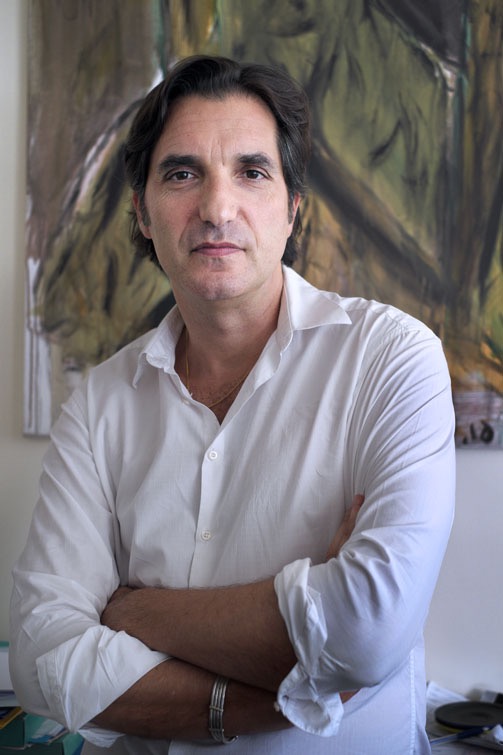
Dr. José Cohen, PhD, jose.cohen@inserm.fr
Marie Matignon, MD, PhD, marie.matignon@aphp.fr
Pr Sébastien Maury, Pr Christophe Torunigand, Pr Jean-Michel Pawlotsky, Dr Ilaria Cascone, Dr Courty
Our research activities are devoted to the identification of new immune mechanisms and target molecules for the development of innovative strategies of immunomodulation in transplantation and in cancer and this from basic research to the development of clinical trials of biotherapy. For this, the CIC-BT has formed a unique network of fundamental researchers and clinicians, specialized in immunology, hematology, transplantation and / or digestive cancers.


Dr. Remi Creusot, PhD, rjc2150@cumc.columbia.edu
Wassim Elyaman, we2152@cumc.columbia.edu
Nicholas Arpaia, Elizabeth Bradshaw, Remi Creusot, Philip De Jager, Wassim Elyaman, Donna Farber, Mark Gorelik, Arnold Han, Benjamin Izar, Emily Mace, Markus Mapara, Adam Mor, Pawel Muranski, Jordan Orange, Steve Reiner, Ran Reshef, Megan Sykes, Robert Winchester, Kaz Yamada, Emmanuel Zorn.
The Columbia University Irving Medical Center (CUIMC) provides a dynamic and interdisciplinary research environment where translational and clinical immunology has taken a prominent place with the establishment within the past 15 years of the Center for Translation Immunology, Department of Microbiology and Immunology, Division of Allergy, Immunology and Rheumatology (in Pediatrics), Center for Translational and Computational Neuroimmunology and Division of Translational Neurobiology Research. The Columbia FCE represents a diverse community of immunologists and other scientists with expertise in Transplantation, Autoimmunity, Neuroimmunology, Cancer immunology and immunotherapy, Immunodeficiencies and Immunity to infections relevant to FOCIS, and outstanding educational programs in these areas.
Allergy,Autoinflammatory Diseases,Bioinformatics and Big Data,Biomarkers,Cancer Immunology,Cell Engineering,Cell Signalling,Cellular Therapies,Dendritic Cells,Diabetes,Gastroenterology,Genomics,Hematologic Malignancies,Hematopoietic Stem Cell Transplantation,Immunodeficiency Diseases,Immunogenetics,Immunotherapy,Inflammation,Innate Immunity,Multiple Sclerosis,Regenerative Medicine,Rheumatoid Arthritis,Statistical Analysis of High-dimensional Genomic Data,Stem Cells,Transplantation
CITE-seq,CRISPR/Cas9,Epigenetic Analysis,Flow Cytometry,Genome sequencing,Humanized mouse models,Immunofluoresence,Immunohistochemistry,Lenti virus,Live animal imaging,Live Cell Imaging,Mass Cytometry (CyTOF),Organoids,Single cell sequencing,Suppression assays,TCR/BCR sequencing


Dr. Eda Holl, PhD, eda.holl@duke.edu
Our research focuses on understanding the immune mechanisms that drive pathogenesis in autoimmune diseases and transplantation rejection to viral infections and cancer. An area of focus is to improve cancer immunotherapy and identify predictive and pharmacodynamic biomarkers. In autoimmune diseases and transplantation, we are investigating the mechanisms that promote the break in immune tolerance.


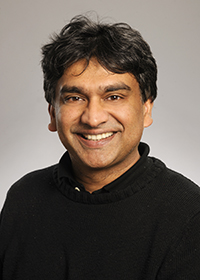
Rafick Sekaly, rafick.sekaly@emory.edu
Allergy
Biomarker Analysis



Dr. Jorge Kalil, MD, PhD, jkalil@usp.br
Dr. Luiz Vicente Rizzo, PhD, lvrizzo@einstein.br
Dr. Edecio Cunha-Neto, edecunha@usp.br
Luiza Guilherme Edécio Cunha-Neto Veronica P.C. V. Coelho Fabio Morato Castro Esper George Kallas Pedro Francisco Giavina-Bianchi Cristina Maria Kokron Luiz Vicente Rizzo Keity Souza Santos Karina Inácio L. Carvalho
FCE São Paulo develops research in different areas ranging from vaccines (rheumatic fever, AIDS), molecular immunology of Chagas, and Crohn diseases, and molecular profiling of native insect and food allergies to diagnosis and treatment of primary immunodeficiencies and clinical research in AIDS, allergies, and asthma. The common ground of these areas of research is the shared experience in immunogenetics, transplantation, and more recently in innate immunity. The FCE São Paulo research team is best known for the development of innovative vaccines with their design based on disease-specific HLA class I and II epitopes mapped using immune cell-based in vitro strategies and also for the novel approach to understand the local South American insect and food allergens and to develop the corresponding therapies.

Dr. Jane Buckner, MD, jbuckner@benaroyaresearch.org
Dr. Grant Hughes, MD, GHughes@medicine.washington.edu
Dr. Elisa Balmas, PhD, ebalmas@benaroyaresearch.org
Adam Lacy-Hulbert, PhD Alice Long, PhD Anne Stevens, MD, PhD Bernard Khor, MD, PhD Bill Kwok, PhD Carla Greenbaum, MD Carmen Mikacenic, MD Christian Lood, PhD Christiane Hampe, PhD Daniel B. Stetson, PhD Daniel Campbell, PhD David Koelle, MD David Rawlings, MD EA Clark, PhD Eddie James, PhD Eric Allenspach, MD Erik Wambre, PhD Erika Noss, MD, PhD Estelle Bettelli, PhD Grant Hughes, MD Hans Ochs, MD James Lord, MD, PhD Jane Buckner, MD Jason Debley, MD, MPH Jerry Nepom, MD, PhD Jerry Palmer, MD Jessica Hamerman, PhD Joan Goverman, PhD Karen Cerosaletti, PhD Karin Bornfeldt, PhD Keith B. Elkon, MD Kim Muczynski, MD, PhD Lynn Rose, PhD Marion Pepper, PhD Mark Wurfel, MD, PhD Mohamed Oukka, MD, PhD Peter Linsley, PhD Ram Savan, PhD Richard James, PhD Robert Vernon, PhD Shaun Jackson, MD, PhD Steven Ziegler, PhD Thomas Wight, PhD Tom Hawn, MD, PhD Troy Torgerson, MD
The Seattle FOCIS FCE is a highly collaborative group of investigators and clinicians committed to the understanding and treatment of immunologic diseases. On a quarterly basis, the Seattle FCE brings together faculty and trainees from Benaroya Research Institute, Fred Hutchinson Cancer Research Center, Seattle Children’s Research Institute, and the University of Washington for informal discussions about their work. Through this sharing of ideas, reagents, and techniques, and clinical specimens, the Seattle FCE strengthens the local immunology community and drives innovative, collaborative and multidisciplinary research.
Allergy,Asthma,Cell Engineering,Cell Signalling,Cellular Therapies,Diabetes,Flow Cytometry,Gastroenterology,Gene Therapy,Immunodeficiency Diseases,HLA,Immunogenetics,Immunotherapy,Inflammation,Innate Immunity,Lupus,Multiple Sclerosis,Oral Desensitization,Rheumatoid Arthritis,Statistical Analysis of High-dimensional Genomic Data
Biomarker Analysis,Clinical trial design,CRISPR/Cas9,Epigenetic Analysis,Flow Cytometry,Humanized mouse models,Immune cell genome engineering,Immunofluoresence,Lenti virus,Mass Cytometry (CyTOF),Mass Spectrometry and Proteomics,Single cell sequencing,Standardized flow cytometry,Suppression assays,TCR/BCR sequencing,Tissue imaging




Dr. Thomas Giese, MD, PhD, Thomas.Giese@immu.uni-heidelberg.de
Marcus von Deimling, marcus.deimling@med.uni-heidelberg.de
Prof. Dr. Hanns-Martin Lorenz; Prof. Dr. Alexander Enk; Prof. Dr. Dirk Jäger; Prof. Dr. Klaus Heeg; Prof. Dr. Carsten Müller-Tidow; Prof. Dr. Andreas Kulozik
Promote interdisciplinary clinical immunology at the Heidelberg University Hospital. Develop clinical research activities that cross established disciplines. Conduct training at both graduate and post-graduate levels as well as scientific forms that encourage collaborative activities among faculty members and interact with international centers of excellence in clinical immunology.


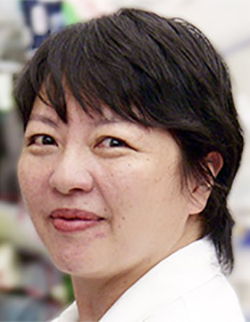
Dr. Theresa Lu, MD, PhD, LuT@hss.edu
Franck Barrat, Carl Blobel, Mary Crow, Laura Donlin, Lionel Ivashkiv, Alessandra Pernis, Inez Rogatsky, Jane Salmon
We seek to better understand and treat autoimmune diseases and inflammatory diseases of the musculoskeletal system.



Dr. Milena Hasan, PhD, milena.hasan@pasteur.fr
Dr. Darragh Duffy, PhD, darragh.duffy@pasteur.fr
The main research topics of the key members of the Institut Pasteur FCE cover the following: - Studies of pathogenic mechanisms of chronic inflammatory disease (Lars Rogge) - Understanding of the genetic and environmental determinants of a healthy immune response, and to apply these findings to disease settings for development of new diagnostic and therapeutic approaches. (Darragh Duffy) - Application of high-end technological solutions for translational immunology (Milena Hasan)

Dr. Jirina Bartunkova, MD, jirina.bartunkova@lfmotol.cuni.cz
Dr. Anna Sediva, MD, anna.sediva@lfmotol.cuni.cz
Dr. Zuzana Strizova, MD, zuzana.strizova@fnmotol.cz
Dr. Tomas Milota Dr. Michal Podrazil Dr. Marta Sobotkova
Several research groups have been formed at our Institute. We conduct research oriented on immune dysregulation in primary immunodeficiencies, such as diGeorge syndrome, CVID, activated PI3K delta syndrome and other disorders. Furthermore, we focus on research dedicated to introduction of novel protocols for development of adoptive cell immunotherapy of solid tumors and research dedicated to treatment of autoimmune diseases, especially type I. diabetes.
Autoinflammatory Diseases,Cancer Immunology,Cell Signalling,Cellular Therapies,Dendritic Cells,Diabetes,Flow Cytometry,Immunodeficiency Diseases,Immunotherapy,Innate Immunity,Stem Cells,Structure and Ligand Binding Properties of Antibodies and T-cell Receptors,X-Linked Disorders
Clinical trial design,Flow Cytometry,Genome sequencing,Immunofluoresence,Immunohistochemistry,Live Cell Imaging,Standardized flow cytometry,Tissue imaging


Dr. Isaac Blanca, MD, isaac.blanca@gmail.com
Dr. Mercedes Zabaleta, mercedeszabaleta@gmail.com
Dr. Inirida Belizario, b.inirida@gmail.com
Dr. Nicolas Bianco. Full Professor of Clinical Immunology. Dr. Isaac Blanca. Full Professor of Basic Immunology and Cancer Immunology Dr. Juan De Sanctis. Full Professor of Molecular Immunology. Dr. Mercedes Zabaleta. Aggregate Profesor of Clinical Immunology and Autoimmunity Dr. Maria del Pilar Fortes. Assistant Professor Dr. Leopoldo Deibis. Assistant Professor of Clinical Immunology and Immunodeficiency Dr. Felix Toro . Aggregate Professor of Molecular Biology and Virology. Dr. Alexis Garcia. Assistant Professor of Clinical Immunology Dr. Jenny Garmendia. Aggregate Professor in Clinical Immunology. Dr. Michael Mijares. Aggregate Professor of Immunopharmacology. Lic. Idamelis Rodríguez. Instructor in Molecular Biology.
The Institute of Immunology "Dr. Nicolas Bianco C" is a center of translational research in immunology, where basic and clinical research integrates their knowledge in order to provide solutions to autoimmune diseases, allergic diseases, primary immunodeficiencies and more recently in parasitic immunology.
Allergy,Ankylosing Spondylitis,Asthma,Autoimmune Thyroid Disease,Autoinflammatory Diseases,Biomarkers,Flow Cytometry,Immunodeficiency Diseases,HLA,Immunogenetics,Immunotherapy,Inflammation,Innate Immunity,Lupus,Multiple Sclerosis,Oral Desensitization,Rheumatoid Arthritis
Biomarker Analysis,Clinical trial design,Flow Cytometry,Immunofluoresence,Immunohistochemistry,Live Cell Imaging,Standardized flow cytometry,Tissue imaging



Dr. Guillermo Horacio Docena, PhD, guillermo.docena@gmail.com
Karina Canziani, karina.canziani@gmail.com
Dr Martín Rumbo; Dr Fernando Chirdo; Dr Veronica Milessi; Dr Carlos Fossati.
The research lines of IIFP are mainly focused on the study of the mucosal immune system and ion channels. Lung and gut inflammatory disorders are the targeted mucosa. We have different experimental models of intestinal inflammation and we are focused on identification of novel biomarkers of mucosal inflammation and development of immunotherapies.
Allergy,Biomarkers,Cancer Immunology,Cell Signalling,Cellular Therapies,Dendritic Cells,Flow Cytometry,Gastroenterology,Immunotherapy,Inflammation,Innate Immunity,Oral Desensitization,Stem Cells,Transplantation
Flow Cytometry,Immunofluoresence,Immunohistochemistry,Organoids,Suppression assays


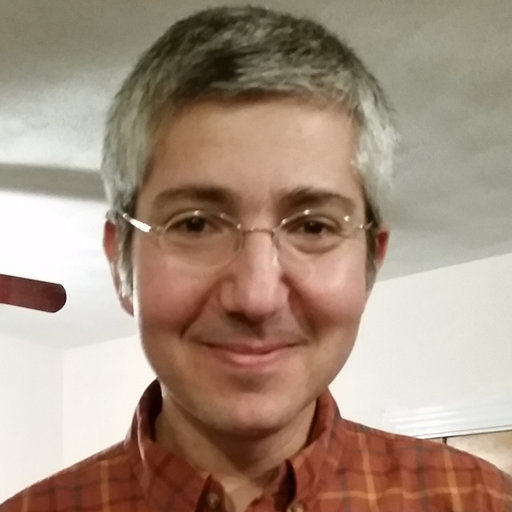
Dr. Jose C. Crispin, MD, PhD, carlos.crispina@incmnsz.mx
Dr. José Luis Maravillas-Montero, PhD, maravillas@cic.unam.mx
José Jiram Torres-Ruíz, josetorresruiz85@gmail.com
Jorge Alcocer-Varela; .Jose Carlos Crispin; Janette Furuzawa; Luis Llorente; Carlos Núñez; Florencia Rossetti
Our FCE is devoted to generate novel translational immunology data in autoimmune diseases. We are focused on understanding the physiopathogenic mechanisms of tissue damage in SLE, inflammatory myopathies, systemic sclerosis and Sjögren's syndrome. Our research has contributed to clarify the role of postranslational modifications in immune cell signaling and their impact in autoimmune diseases.
Allergy
Biomarker Analysis



Dr. Per Marits, MD, PhD, per.marits@sll.se
Lars Klareskog; Marie Wahren; Petter Höglund; Adnane Anchour; Tomas Olsson; Yenan Bryceson; Michael Uhlin
Karolinska Institute has a strong research profile in both basic immunology and immune-mediated diseases. The major goal for the FCE is to bring basic immunological findings into real-life medicine and being a resource for questions in clinical immunology. Areas of interest include immunodeficiency, transplantation and autoimmunity.


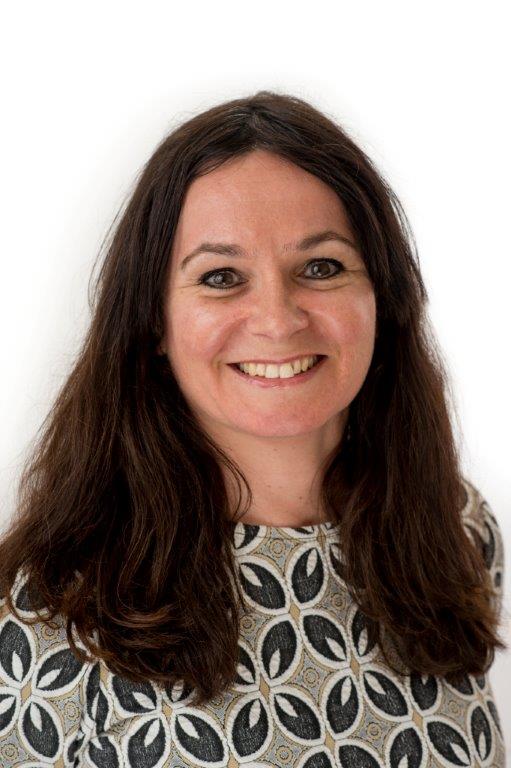
Dr. Leonie Taams, PhD, leonie.taams@kcl.ac.uk
Esperanza Perucha, esperanza.perucha@kcl.ac.uk
Our goal is to advance experimental and clinical immunology through multidisciplinary research and strong interactions between clinical and non-clinical academic faculty, e.g. by initiating interdisciplinary seminars and symposia. Clinical innovation in immunotherapy include our clinical research facilities at both the Guy’s Hospital and St. Thomas’ Hospital site which provide state of the art facilities to perform early clinical trials according to good clinical practice as well as a good manufacturing practice (GMP) facility. Many of our King's FCE faculty are active in national and international registries and consortia and are internationally recognised for their immunology research.


Eric Vivier, DVM, PhD, vivier@ciml.univ-mrs.fr
Frédéric Vély, PharmD, PhD, frederic.vely@ap-hm.fr
Pr Nicolas Schleinitz - MD, PhD, Immunology, Inflammation & Auto-immunity; Pr Mikael Ebbo - MD, PhD, Immunology, Inflammation & Auto-immunity; Pr Vincent Barlogis - MD, PhD, Pediatric Immunodeficiencies
Marseille Immunopole Profiling Platform is specialized in the molecular dissection of innate immunity in cancer, inflammation and immunodeficiencies
Cancer Immunology,Flow Cytometry,Immunotherapy,Inflammation,Innate Immunity
Biomarker Analysis,CITE-seq,Flow Cytometry,Single cell sequencing,Standardized flow cytometry



Dr. Barbara Seliger, PhD, barbara.seliger@uk-halle.de
Dr. Dagmar Riemann, dagmar.riemann@uk-halle.de
Dr. Chiara Massa, chiara.massa@uk-halle.de
Dr. Claudia Wickenhauser; Dr. Barbara Seliger; Dr. Haifa Kathrin Al-Ali
* tumor immunology * immune escape * immunotherapy and tumor microenvironment
Biomarkers,Cancer Immunology,Cell Signalling,Cellular Therapies,Dendritic Cells,Flow Cytometry,Hematologic Malignancies,HLA,Immunotherapy
Biomarker Analysis,CRISPR/Cas9,Flow Cytometry,Immunofluoresence,Immunohistochemistry,Live Cell Imaging,Mass Spectrometry and Proteomics,Standardized flow cytometry





Dr. Khashayarsha Khazaie, PhD, khazaie@mayo.edu
Dr. Amir A. Sadighi Akha, MD, DPhil, sadighiakha.amir@mayo.edu
Andrew D. Badley, M.D. Leslie T. Cooper, M.D. William A. Faubion, M.D. Khashayarsha Khazaie, Ph.D., D.Sc. Hirohito Kita, M.D. Yogish C. Kudva, M.B.B.S. Andrew H. Limper, M.D. Svetomir N. Markovic, M.D., Ph.D. Eric L. Matteson, M.D. Joseph A. Murray, M.D. Larry R. Pease, Ph.D. Gregory A. Poland, M.D. Amir A. Sadighi Akha, M.D., D.Phil. Ulrich Specks, M.D. Robert Vassallo, M.D. Mark E. Wylam, M.D.
I do basic and translational research in cancer immunology with particular emphasis on GI malignancies. Our areas of focus are inflammation, immune tolerance, and immune surveillance.



Dr. Ciriaco A. Piccirillo, PhD, ciro.piccirillo@mcgill.ca
Fernando Alvarez, fernando.alvarez@mail.mcgill.ca
Ines Colmegna Marie Hudson Carolyn Baglole Joyce Rauch Tomoko Takano Chris Pineau Constantin Polychronakos Cheeloong Saw Brent Richards Sylvie Lesage Ruth Sapir-Pichhadze Bruce Mazer Christine McKusker Reza Alizadehfar Chris Tsoukas Pnina Brodt Jean-Jacques Lebrun Siham Sabri Bassam Abdulkarim Nada Jabado Janusz Rak Michel Tremblay Nathalie Johnson Wassim Kassouf Kyung Suh Christopher Rudd Heather Melichar Martin Olivier Jörg Fritz Nicole Bernard Steven Paraskevas Shaifali Sandal Jean Tchervenkov Marcelo Cantarovitch Wilson Miller Pierre Laneuville Stephane Laporte David Labbée Carolyn Jack Heather Melichar Shafaat Rabbani
- The Centre of Excellence in Translational Immunology (CETI), is a research network based at the Research Institute of the McGill University Health Centre (RI-MUHC) and McGill University, and home to 40 researchers and clinicians from the greater McGill and MUHC communities, as well as other leading medical institutions. - The Vision of the CETI is to foster linkages among top-flight biomedical investigators and clinicians for interdisciplinary immunology research focused on the understanding and treatment of immune-based diseases. -The Mission of the CETI is develop and exploit multi-disciplinary research and training initiatives with the goal of bridging our basic understanding of the molecular and cellular basis of disease pathophysiology with the diagnosis/treatment of various immune-mediated diseases. -The primary goal of CETI is to establish multi-disciplinary research teams in basic and clinical immunology in focused thematic areas including autoimmunity and chronic inflammatory disorders, allergy, transplantation, cancer immunotherapy, and immuno-drug design. Each research team shares trainees, actively collaborates to develop research projects, and submits common grant applications.


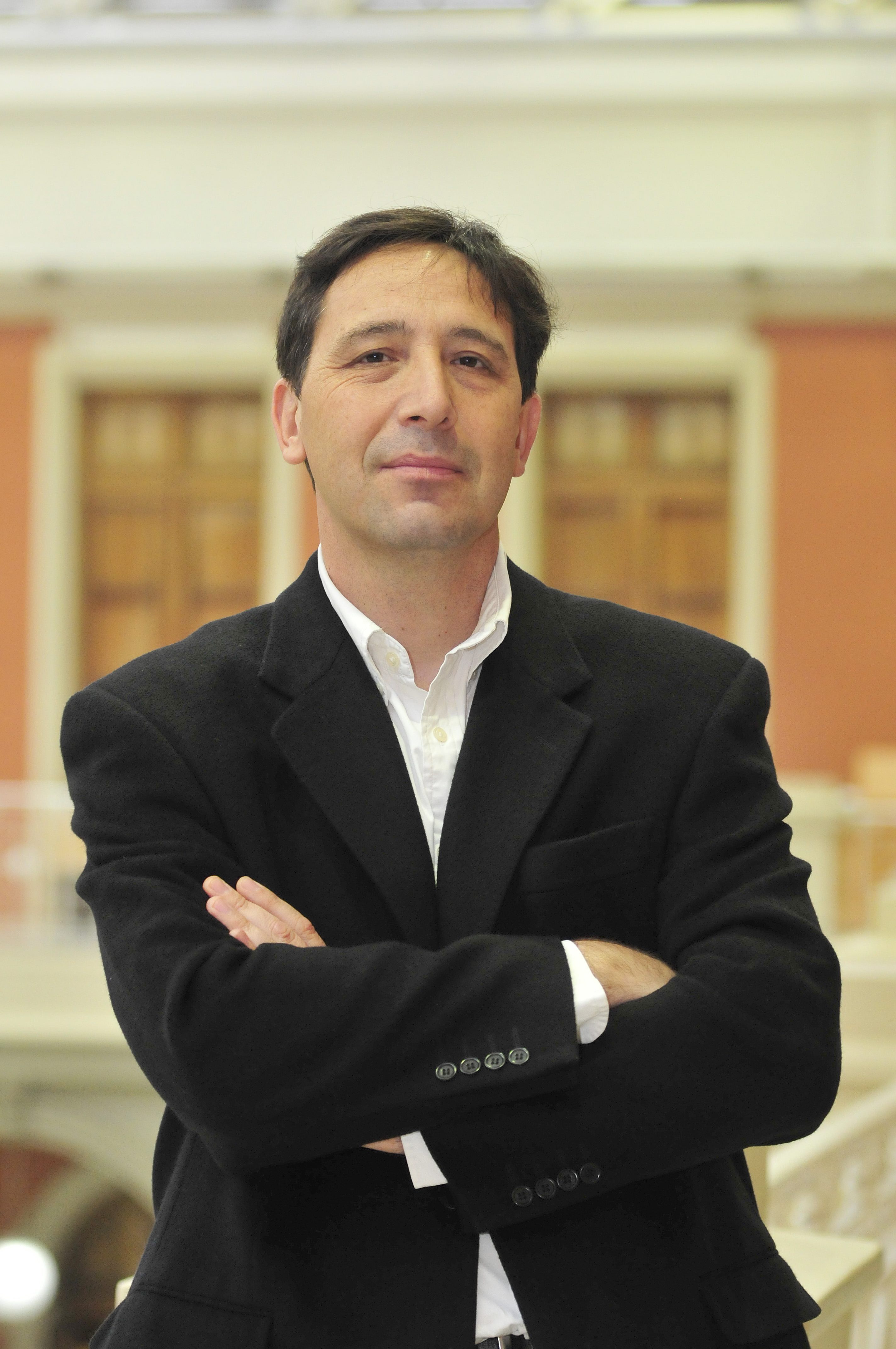
Dr. Alexis Kalergis, akalergis@bio.puc.cl
Dr. Leandro Carreño, PhD, leandrocarreno@uchile.cl
Angello Retamal-Díaz, aretamal@bio.puc.cl
Dr. Alexis Kalergis Dr. Leandro Carreño Dr. Susan Bueno Dr. Marcelo López Lastra Dra. Mercedes López Dr. Luis Michea Dra. Claudia Riedel Dr. Carlos Fardella Dr. Pablo González Dr. Gareth Owen Dr. Miguel Luis O’Ryan
The Millennium Institute on Immunology and Immunotherapy, MIII, is a Center of Excellence that brings together researchers in the biomedical field from the Pontificia Universidad Católica de Chile, Universidad de Chile and Universidad Andrés Bello, that perform basic and translational immunology aimed at developing novel therapies, vaccines and diagnostics. Research performed at MIII is focused on several human diseases related to cancer, autoimmunity, infections, cardiovascular pathologies and endocrine disorders. Two important biomedical technologies developed at the Center are an anti-cancer immunotherapy to combat melanoma and a vaccine candidate against the respiratory syncytial virus (RSV) currently in clinical trial evaluation, which is at present the only vaccine candidate reported to be intended for administration to newborn babies.



Stephanie C. Eisenbarth, stephanie.eisenbarth@northwestern.edu
Edward Benjamin Thorp, ebthorp@northwestern.edu
Stephanie Caroline Eisenbarth, Edward Benjamin Thorp, Adam James Williams, Jaehyuk Choi, Mathiew Feinstein
Stephanie Eisenbarth, MD, PhD is Professor of Medicine and Pathology at Northwestern University Feinberg School of Medicine where she is Chief of Allergy and Immunology and the inaugural Director of the Center for Human Immunobiology. Her research is Focused on understanding how pathogenic antibodies to food allergens are regulated. Utilizing human samples to guide studies and mouse models to test new mechanistic paradigms, her lab has identified novel immune cell subsets and approaches to alter their function. The ultimate goal of this work is to identify ways to reverse susceptibility to life-threatening allergic reactions in those with food allergy
Flow Cytometry


Swapan Nath, PhD, swapan-nath@omrf.org
Bob Axtell, PhD, bob-axtell@omrf.org
Judith A. James, M.D., Ph.D., Mark Coggeshall, Ph.D., A. Darise Farris, Ph.D., Swapan K. Nath, Ph.D., Robert H. “Hal” Scofield, M.D., Xiao-Hong Sun, Ph.D., Linda Thompson, Ph.D., Kathy (Moser) Sivils, Ph.D., José Alberola-Ila, M.D., Ph.D., Robert Axtell, Ph.D.Robert Axtell, Ph.D., Umesh Deshmukh, Ph.D., Susan, Kovats, Ph.D., Joel Guthridge, Ph.D., Ira N. Targoff, M.D., Harini Bagavant, Ph.D., Astrid Rasmussen, M.D., Ph.D., Neelakshi Jog, Ph.D., Melissa E. Munroe, M.D., Ph.D., Narcis Popescu, Ph.D., Kenneth Smith, Ph.D., Gabriel Pardo, M.D., Tania Reyna, M.D., Eliza Chakravarty, M.D., Joan T. Merrill, M.D., Cristina Arriens, M.D., MSCS
Research Summary: Our mission is to improve the lives of patients through a continuum of basic mechanistic studies, clinical research, industry collaborations and clinical care. We study the biology of immunity and autoimmune diseases, with a particular focus on lupus, multiple sclerosis, rheumatoid arthritis, Sjögren’s syndrome, and immune responses to vaccination/infection. Our collaborative, interdisciplinary program combines expertise in autoimmune disease/translation, clinical trials/clinical epidemiology, applied genetics/genomics, data science/analytics and immunologic mechanisms.



Dr. Olivier Boyer, MD, PhD, olivier.boyer@chu-rouen.fr
Dr. Catalina Abad, PhD, catalina.abad@inserm.fr
The goal of our Center is to investigate the pathophysiology of certain rheumatological/neuromuscular and dermatological autoimmune diseases and to develop new therapeutic strategies in immune-mediated diseases and hematology. Our research program is divided into two thematic areas: (1) immuno-regulation and pathophysiological mechanisms of autoimmune diseases (myositis, pemphigus), with the development and analysis of murine models (transgenic, knock-out, viral gene transfer) and clinical studies, and (2) translation of cell and gene transfer strategies to clinical trials (therapeutic antibodies, myoblast cell therapy, adipose-derived stem cell therapy, olfactory stem cells for neural regeneration and more recently, CAR T cells).


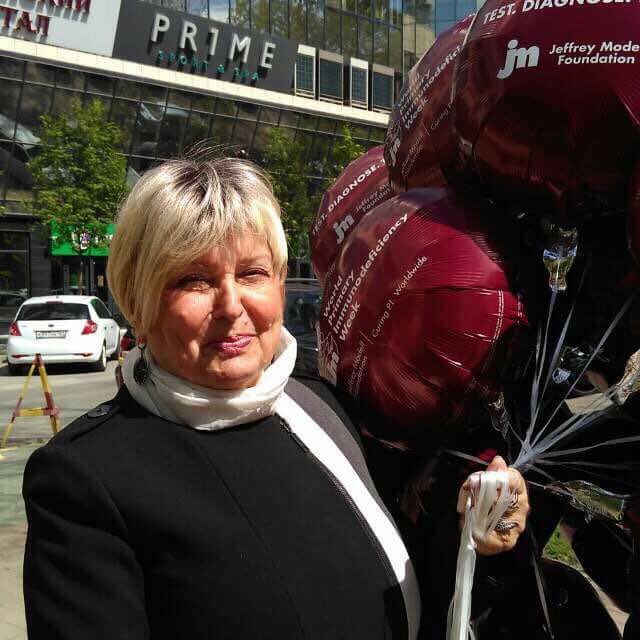
Dr. Ludmila Siziakina, MD, msiziakina@mail.ru
Irina Andreeva, iai3012@rambler.ru
Primary immunodeficiencies: pathogenesis, diagnostics, therapy. Pathogenesis of immuno-mediated diseases, diagnosis, therapy. Molecular Allergology.





Dr. William Robinson, MD, PhD, w.robinson@stanford.edu
Paul J. Utz; Mark Davis; Kari Nadeau; Purvesh Khatri; Gary Nolan
We perform translational interdisciplinary research in immunology with the goal of improving human health.



Dr. Andras Perl, MD, PhD, perla@upstate.edu
Dr. Paul Phillips, MD, Phillipp@upstate.edu
Dr. Thein Swe, MD, Swet@upstate.edu
Fatme Allam, MD; Eduardo Bonilla, MD; Markus Grumpe, MD; Burk Jubelt, MD; Hiroshi Kato, MD; Sri Narsipur, MD; Hom Neupane, MD; Paul Phillips, MD; Sheetal Rayancha, MD; Lorne Runge, MD; Dana Savici, MD; Julie Yu, MD
My laboratory has opened up the field of metabolic control of T-cell activation and lineage specification which underlie disease development both in murine models and patients with SLE (12,13). We have originally identified and cloned transaldolase, an enzyme of the pentose phosphate pathway (14), as a regulator of glutathione (GSH) metabolism (15,16) and a newly described metabolic checkpoint of T-cell activation and death signal processing: elevation of the mitochondrial transmembrane potential or, as newly termed, mitochondrial hyperpolarization (MHP) (17). As we also uncovered, persistent MHP is a critical metabolic defect in lupus T cells, which characterizes mitochondrial dysfunction and ATP depletion and predisposes to cell death by necrosis (18). The increased production of necrotic materials from T cells is an important activator of B cells and dendritic cells and leads to inflammation in SLE (19). As we have also unveiled, the depletion of intracellular glutathione (GSH) underlies mitochondrial dysfunction and MHP in lupus T cells (18). To translate these new laboratory findings into clinical practice, we directly targeted the metabolic checkpoint of GSH depletion with N-acetylcysteine (NAC), an amino acid precursor of GSH, within the context of an FDA-approved double-blind placebo-controlled interventional trial (20). Relative to placebo, orally administered NAC reversed GSH depletion and showed remarkable safety, and it reduced disease activity in SLE patients (20,21). The clinical efficacy of NAC was mediated via blockade of complex 1 of the mechanistic target of rapamycin (mTOR), which serves as a sensor of MHP and effector of pro-inflammatory T cell lineage specification in SLE. As recently reviewed (13,22), the significance of mTOR activation is relevant for autoimmune diseases beyond SLE, it effects inflammation and overall lifespan. Based on our discovery of mTOR activation in SLE (23), we have also evaluated the clinical efficacy of rapamycin (sirolimus) and found it to be a remarkably effective therapeutic intervention in SLE patients with resistance or intolerance to immunosuppressive medications. The therapeutic efficacy of mTORC1 blockade is underlain by reversal of pro-inflammatoy secretion of IL-4, IL-17, and IL-21 by CD4 and double-negative T cells and expansion of CD4+CD25+FoxP3+ Tregs and CD8+CD197-CD62L- effector-memory T cells in patients with SLE.

Dr. David Klatzmann, MD, PhD, david.klatzmann@sorbonne-universite.fr
Caroline Aheng, caroline.aheng@sorbonne-universite.fr
David Klatzmann, MD PhD, Prof. in Immunology Sorbonne University, Chief of Biotherapy, Coordinator of the Clinical Investigation Center in Biotherapy and Director of the Immunology-Immunopathology-Immunotherapy Research Laboratory at the Pitié-Salpêtrière Hospital; Bertrand Bellier, PhD, Prof. in Immunology, Sorbonne University; Encarnita Mariotti-Ferrandiz, PhD, Assistant Professor, Sorbonne University; Michelle Rosenzwajg, MD PhD, Associate Professor in Immunology Sorbonne Université, APHP; Adrien Six, PhD, Prof. in Immunology Sorbonne University
The general aim is to implement a systems immunotherapy approach in autoimmune and auto-inflammatory diseases
Autoinflammatory Diseases,Bioinformatics and Big Data,Biomarkers,Diabetes,Flow Cytometry,Gastroenterology,Immunotherapy,Inflammation,Lupus,Multiple Sclerosis,Rheumatoid Arthritis
Biomarker Analysis,Clinical trial design,Flow Cytometry,Immunofluoresence,Recombinant Molecule Expression and Purification,TCR/BCR sequencing



Dr. Olivier Lantz, MD, PhD, olivier.lantz@curie.fr
Dr. Emanuela Romano, emanuela.romano@curie.fr
Dr. Nathalie Amzallag, MD, nathalie.amzallag@curie.fr
Delphine Louis
The Cancer Immunotherapy center at Institut Curie houses more than 140 physicians and researchers, six clinical investigation stations and 10 beds for outpatient treatment. An entire floor within the hospital – a surface area of 1,400 sq.m – is devoted to this research and clinical investigation including a top of the edge clinical immunology lab.


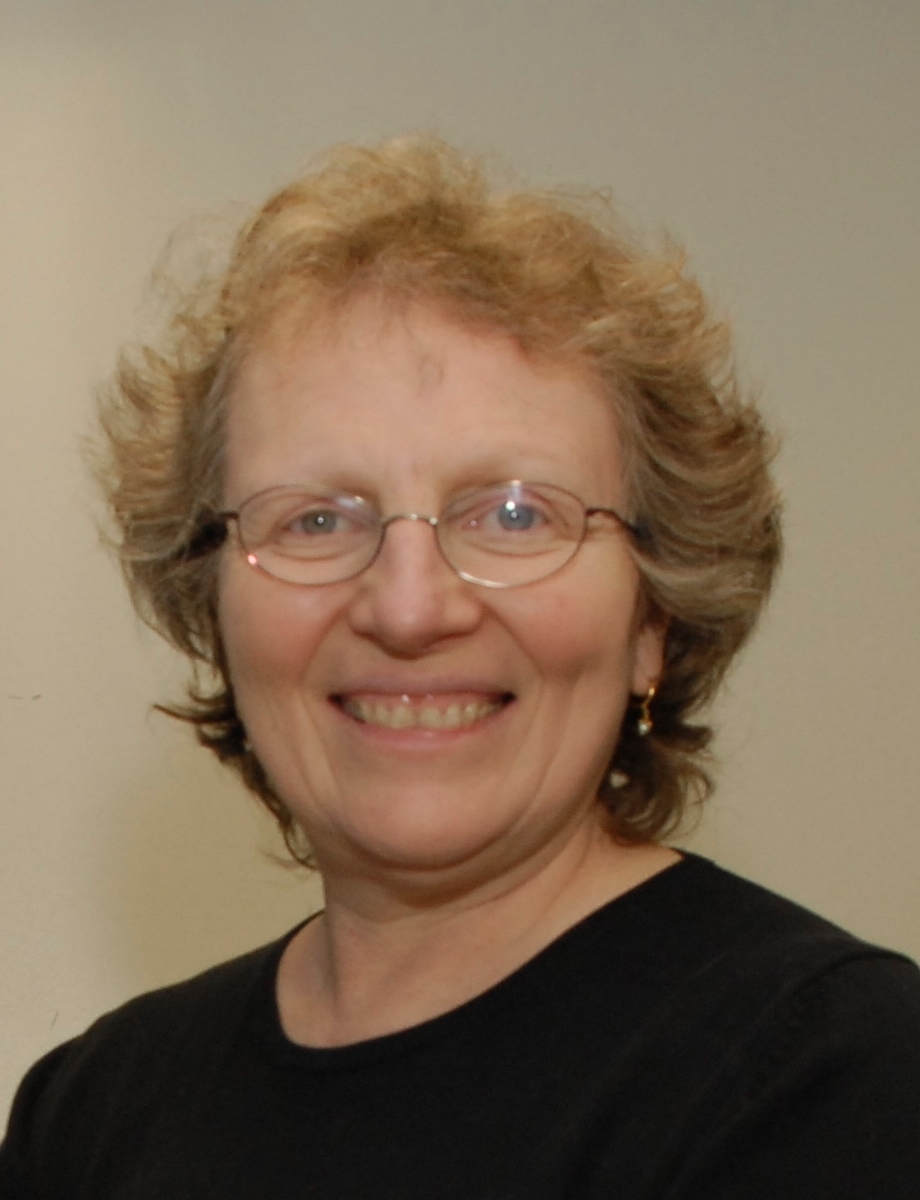
Dr. Betty Diamond, MD, bdiamond@northwell.edu
I am interested in the induction and pathogenicity of autoantibodies in systemic lupus. I am interested in the function of SLE risk alleles and mechanisms of neuropsychiatric lupus. I also have an interest in the immunomodulatory function of C1q.
Lupus


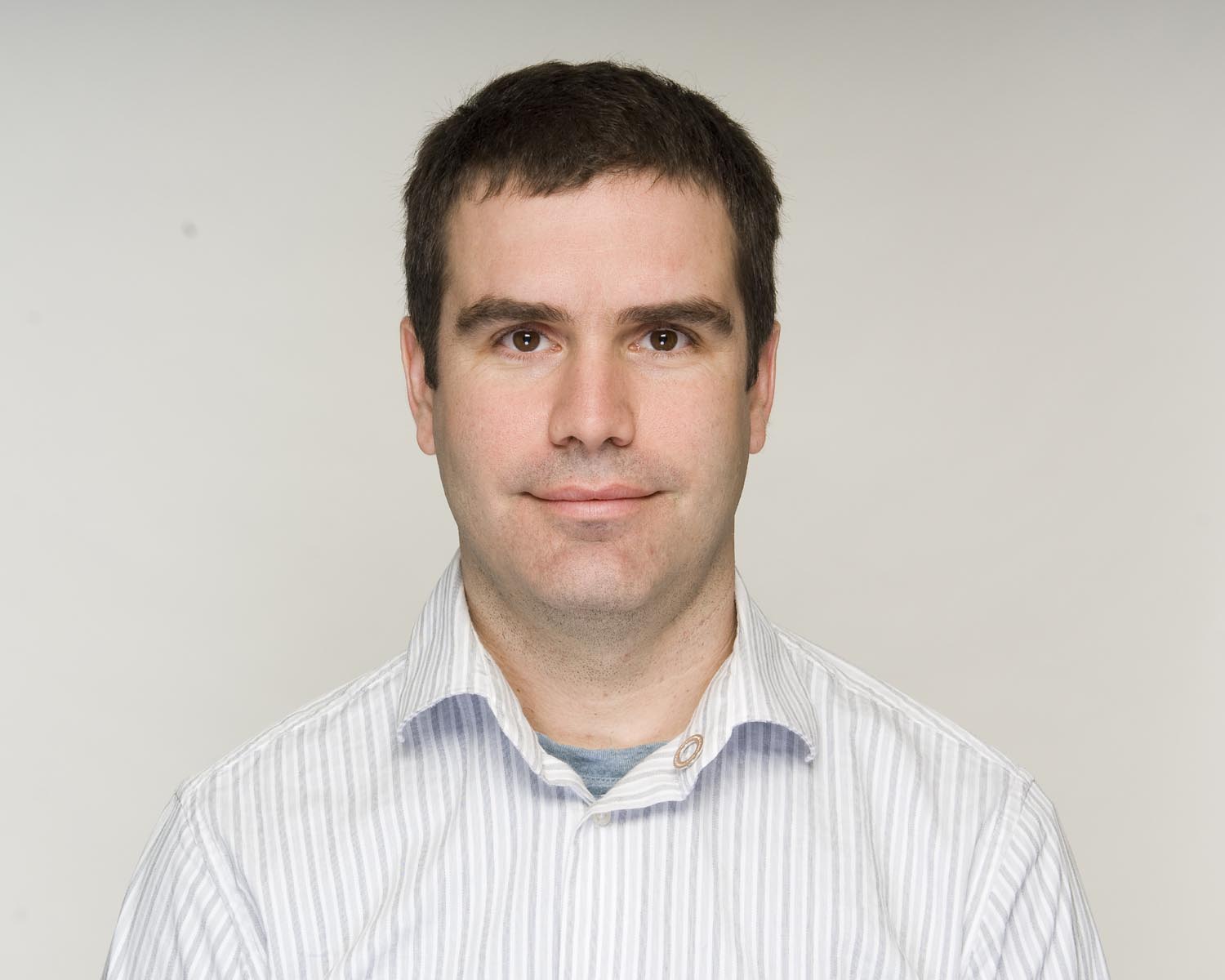
Alberto Martin, PhD, alberto.martin@utoronto.ca
A complete list of our faculty members can be found at humanimmunology.utoronto.ca. Our current steering committee has the following members: Alberto Martin, FOCIS FCE Director; Jen Gommerman, FOCIS FCE Associate Director; Ikbel Naouar, Post-Doc, FOCIS FCE Trainee Rep; Ken Croitoru; Scott Gray-Owen; Cynthia Guidos; Pamela Ohashi; Mario Ostrowski; Katherine Siminovitch
The Toronto Human Immunology Network, a Federation of Clinical Immunological Sciences Center of Excellence, is an informal network, involving more than 50 faculty members from the University of Toronto and its affiliated teaching hospitals with research interests in immunology. We cover diverse aspects of human immunology, from basic to translational, including immunotherapy of cancer and other diseases, infectious disease, autoimmunity/inflammatory diseases/tolerance, transplantation and allergy. The mandate of the Toronto Human Immunology Network is to facilitate translational human immunology by providing linkages among individuals and groups involved in basic through to clinical Human Immunology research across the city; to provide a forum for discussion of new developments in human immunology; to educate trainees in l human immunology; to facilitate interactions between those doing trials and those with research questions/assays to study immunology in human cohorts; to facilitate the acquisition and access of our members to shared infrastructure and to provide a mechanism for interacting with national and international groups involved in Human Immunology.



Dr. Salvatore Albani, MD, PhD, salvatore.albani@singhealth.com.sg
Florent Ginhoux, Jing Yao Leong, Berent Prakken; Antonio Bertoletti; Luca G. Guidotti; Kong-Peng Lam, David Hafler; Martin Lotz; Joo Guan Yeo; Valerie Chew; Chin Teck Ng
TII’s scientific approach relates to Systems Immunology in a multidimensional translational fashion. The knowledge achieved is exploited to define new targets for immunotherapy, or to stratify patients subsets more prone to responding to existing therapies. TII’s architecture is organised in two interlaced dimensions: a technology platform and a clinical translational platform. The technology platform is not unique but it is certainly rare for its completeness. It consists of several high dimensionality technologies, including conventional and mass cytometry, 10X single cell sequencing, genomics and epigenomics, functional assays, CAR T cell therapies (both effector and regulatory), etc. Importantly, these technologies are under the same roof and are joint into a cogent workflow. We have developed AI strategies which enable analysis of the large datasets that we obtained to identify mechanistically and clinically relevant immune function clusters. The knowledge gained has immediate translational valency in many cases, ranging from the identification of novel pathways which can be pharmacological targets to the modelling of immune pathways which cause clinical fate (for instance, prediction of response to therapy). The clinical translational platform consists of several disease areas, which are investigated on the basis of specific hypotheses, all inspired by unmet needs. TII is tightly interwoven in the clinical operations in the Healthcare cluster and has therefore the opportunity to inspire and coordinate clinical-translational studies of high quality, often conceived specifically for the task.
Flow Cytometry



Dr. Robert P. Kimberly, MD, rpk@uab.edu
Dr. Jennifer A. Croker, PhD, jcroker@uab.edu
Vincent A. Laufer, vlaufer@uab.edu
S. Louis Bridges, Jr, MD, PhD; Alexander J. Szalai, PhD; Troy D Randall, PhD; Frances E. Lund, PhD; Jeffrey C. Edberg, PhD; Chander Raman, PhD; W. Winn Chatham, MD; Andre Ballesteros-Tato, PhD; Amy Weinmann, PhD; Mark Walter, PhD; John D. Mountz, MD, PhD; Hui-Chen Hsu, PhD; Devin Absher, PhD
Genetic architecture of autoimmune disease; Mechanisms of risk alleles in biology; Role of B cells and subsets in pathogenesis


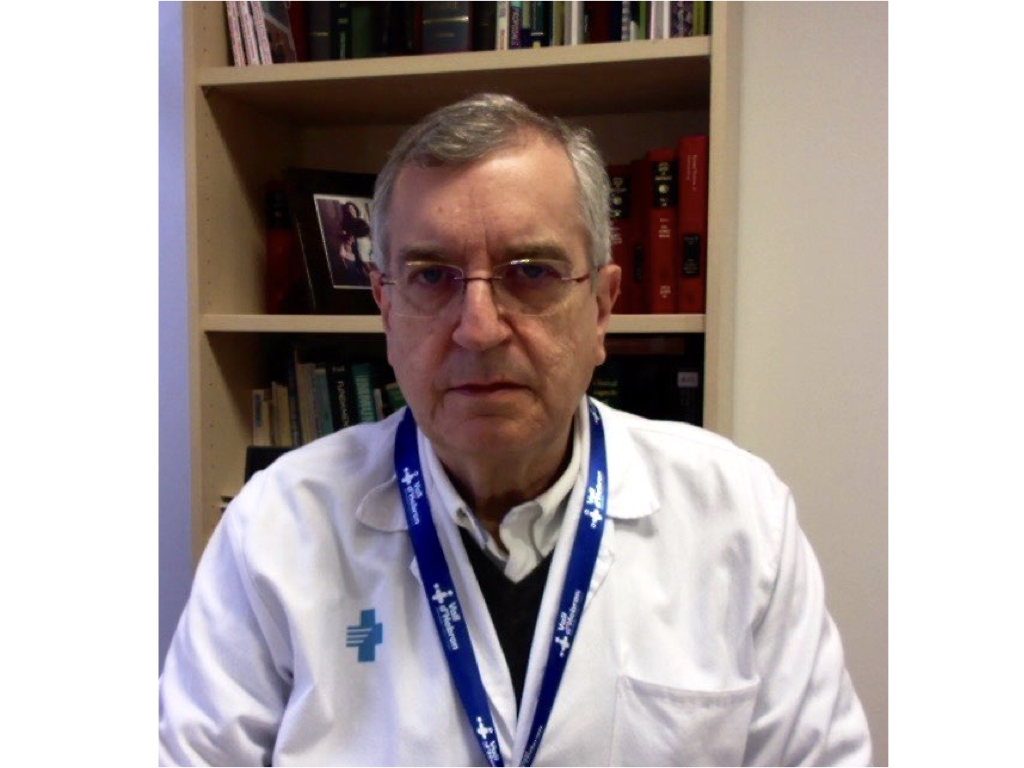
Dr. Ricardo Pujol Borrell, MD, PhD, ricardo.pujol@uab.cat
Eva Martínez-Cáceres, emmartinez.germanstrias@gencat.cat
Albert Selva (UAB-HVH) Alena Gros (UAB-VHIO) Candido Juarez (UAB-HSP) Carme Roura (Campus UAB) Carmen Espejo (UAB-VHIR) D Seron (UAB-VH) Dolores Jaraquemada (UAB) Eva Martinez-Caceres (UAB-HGTP) Frances Rudilla (UAB-BST) Francesc Moreso (UAB-HVH) J Santos (UAB.VH) Joan Sayos (UAB-VHIR) Jordi Barquinero (UAB-VHIR) Jordi Yagüe (UB-HCB) M Vicario (UAB-VHIR) Manuel Juan (UB-HCB) Maria Jesus Cruz (UAB-HVH) Mercè Marti (Campus UAB) Monica Martinez-Gallo (UAB-VH) Oscar de la Calle (UAB-HSP) Pere Soler Palacin (UAB-HVH) Sara Marsal (UAB-VH) Xavier Montalban (UAB-HVH)
The UAB-Barcelona FOCIS-CE combines immunologists from the Academic Department of Immunology at UAB with clinical immunologists from four university affiliated hospital plus the Catalonian blood service. The aim is to improve diagnosis and treatment of primary immunodeficiencies, autoimmune and autoinflammatory diseases. Therapies under study include transplantation, adoptive cell therapies including CARs and tolerogenic dendritic cells and a large number of clinical trials with biological, cell therapies and new kinase inhibitors.


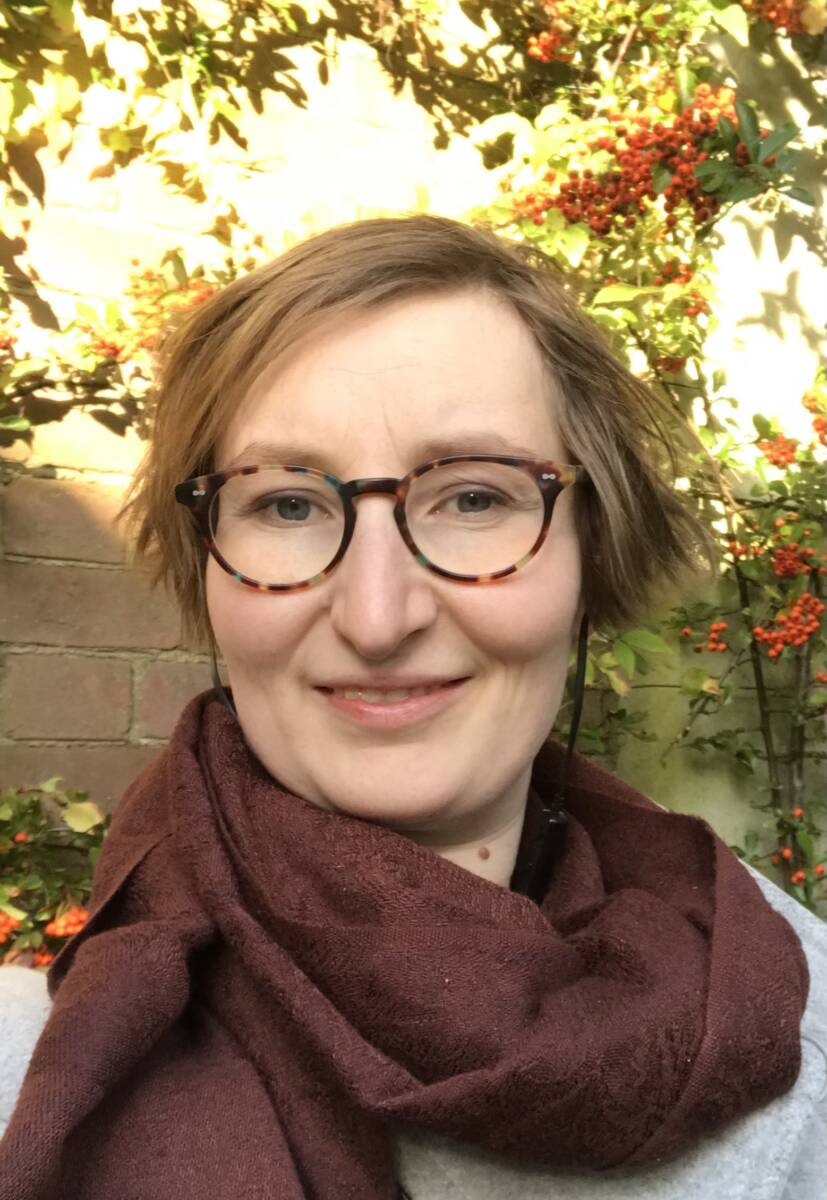
Dr. Anne Pesenacker, PhD, a.pesenacker@ucl.ac.uk
Mala K Maini, m.maini@ucl.ac.uk
Lina Petersone, lina.petersone.15@ucl.ac.uk
Lucy Walker, Benny M Chain, Matthew Reeves, Claudia Mauri, Emma Morris
The Institute of Immunity and Transplantation (IIT) is a multidisciplinary research centre bringing together >22 research groups from the UCL Faculty of Medical Sciences and the Royal Free hospital (RFH) with further appointments imminent. The common overarching aim for the Institute is to gain insights into the molecular and cellular details regulating the development and function of immune cells, and to better understand the mechanisms underpinning immune-homeostasis, immune responses and immune regulation in order to develop novel immunotherapies. Insights into the molecular and cellular details controlling the delicate balance of the intact immune system will be the foundation to re-direct immunity for the management of transplant rejection, autoimmunity, cancer and infection.



Dr. Françoise Mascart, MD, PhD, fmascart@ulb.ac.be
Virginie Doyen, virginie.doyen@chu-brugmann.be
Michel Olivier, Roufosse Florence, Smet Julie, Corazza Francis, Goffard Jean-Christophe, Stordeur Patrick, Schandené Liliane, Corbière Véronique, Aerts Laetitia, Caspers Laure, Franchimont Denis, Gangji Valérie, Louis Hubert, Lemoine Alain, Casimir Georges, Debaugnies France, Willermain François
Main areas of translational and clinical research: 1) biomarkers of protection / disease in M. tuberculosis infection (translation to diagnostic and vaccinology); 2) biomarkers of protection against B. pertussis (translation to vaccinology); 3) immune deficiency; 4) hypereosinophilia; 5) inflammation; 6) allergenicity and immune responses to allergens; 7) gastroenterology


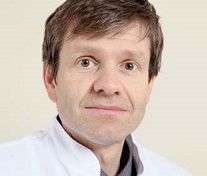
Dr. Reinhard E. Voll, MD, reinhard.voll@uniklinik-freiburg.de
Dr. Jens Thiel, MD, jens.thiel@uniklinik-freiburg.de
Dr. Stephan Ehl; Dr. Bodo Grimbacher; Dr. Nils Venhoff; Dr. Klaus Warnatz
Main research interests of Dr. Voll: Pathogenesis of systemic lupus erythematosus The role of plasma cells in the pathogenesis of autoimmune diseases and development of plasma cell-targeted therapies. Cell-type selective targeting of intracellular signalling pathways.





Dr. Antonio La Cava, MD, PhD, alacava@mednet.ucla.edu
The UCLA FCE benefits from interdisciplinary translational immunological research among basic and clinical researchers in the fields of clinical immunology, allergy, hematology, rheumatology, endocrinology, transplantation, dermatology, neurology, digestive diseases, pathology, etc. Training represents a central component of this FCE, together with the sharing of resources that can keep researchers at the forefront of discovery and innovation. By studying biological processes and solving medical problems, the UCLA FCE aims to expand established knowledge through research breakthroughs that can benefit human health on a global scale.




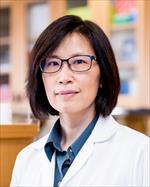
Dr. Qizhi Tang, PhD, Qizhi.Tang@ucsf.edu
Dr. Jonathan Esensten, MD, PhD, Jonathan.Esensten@ucsf.edu
https://immunology.ucsf.edu/faculty
UCSF Immunology ranks #2 in U.S. News and World Report Best Global Universities 2016-2018. A key element of UCSF’s research success is its deeply ingrained culture of collaboration. The UCSF Immunology Program encompasses basic and translational research programs investigating the development and differentiation of immune system, signal transduction by immune receptors, and the role of the immune system in allergy, asthma, inflammation, infectious disease, autoimmune disease, transplantation, and cancer.



Dr. Ken Smith, hodmed@medschl.cam.ac.uk
Smith lab has demonstrated an exemplary commitment to delivering excellence in the NHS. They have international reputation for research that includes fundamental discoveries about the biology of disease through to translational research making a real impact on patient care. Three recent examples include the discovery of genetically distinct subsets within Vasculitis, which are charging clinical classification, the development of a validated prognostic test being used to guide therapy in inflammatory bowel disease, and the discovery that the genetics that underpin outcome in inflammatory disease is distinct from that driving disease susceptibility. It is rare that discoveries of such direct clinical relevance are published in journals such as Nature, Cell and Nature Genetics.
Allergy
Biomarker Analysis


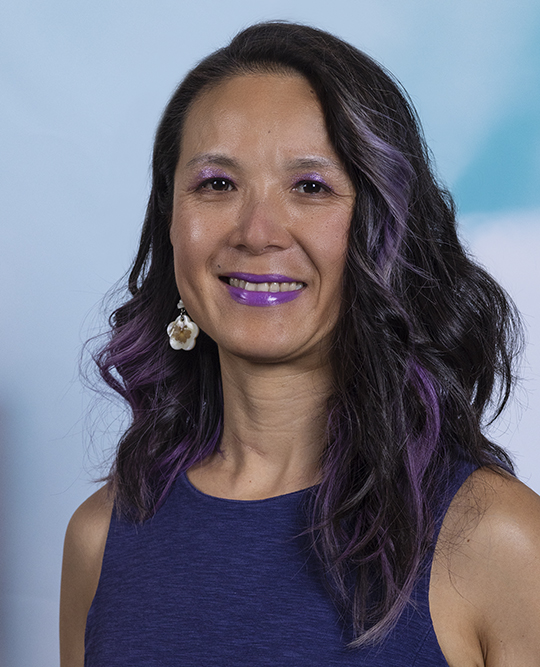
Elena Hsieh, elena.hsieh@cuanschutz.edu
Vijaya Knight, vijaya.knight@childrenscolorado.org
Victor Lui, victor.lui@cuanschutz.edu
Michael Verneris Robert Fuhlbrigge Leslie Berg
The integrated CU-AMC campus with outstanding facilities for biomedical research, patient care, medical education and biotechnology provides an exceptionally strong foundation from which the existing immunology and clinical programs can expand their focus to become preeminent in human immunology and immunotherapy. We seek to promote collaboration and innovation in basic science, translational, and clinical immunology, from bedside-to-bench-back-to-the-bedside.
Allergy, Asthma, Autoimmune Thyroid Disease, Autoinflammatory Diseases, Bioinformatics and Big Data, Biomarkers, Cancer Immunology, Cell Signalling, Cellular Therapies, Dermatology, Diabetes, Endocrinology, Flow Cytometry, Gastroenterology, Hematologic Malignancies, Hematopoietic Stem Cell Transplantation, Immunodeficiency Diseases, HLA, Immunogenetics, Immunotherapy, Inflammation, Innate Immunity, Lupus, Microbiology, Multiple Sclerosis, Rheumatoid Arthritis, Statistical Analysis of High-dimensional Genomic Data, Stem Cells, Transplantation, X-Linked Disorders
Biomarker Analysis, CITE-seq, Clinical trial design, Epigenetic Analysis, Exome sequencing, Flow Cytometry, Humanized mouse models, Immunofluoresence, Immunohistochemistry, Live animal imaging, Live Cell Imaging, Mass Cytometry (CyTOF), Mass Spectrometry and Proteomics, Organoids, Single cell sequencing, TCR/BCR sequencing, Tissue imaging




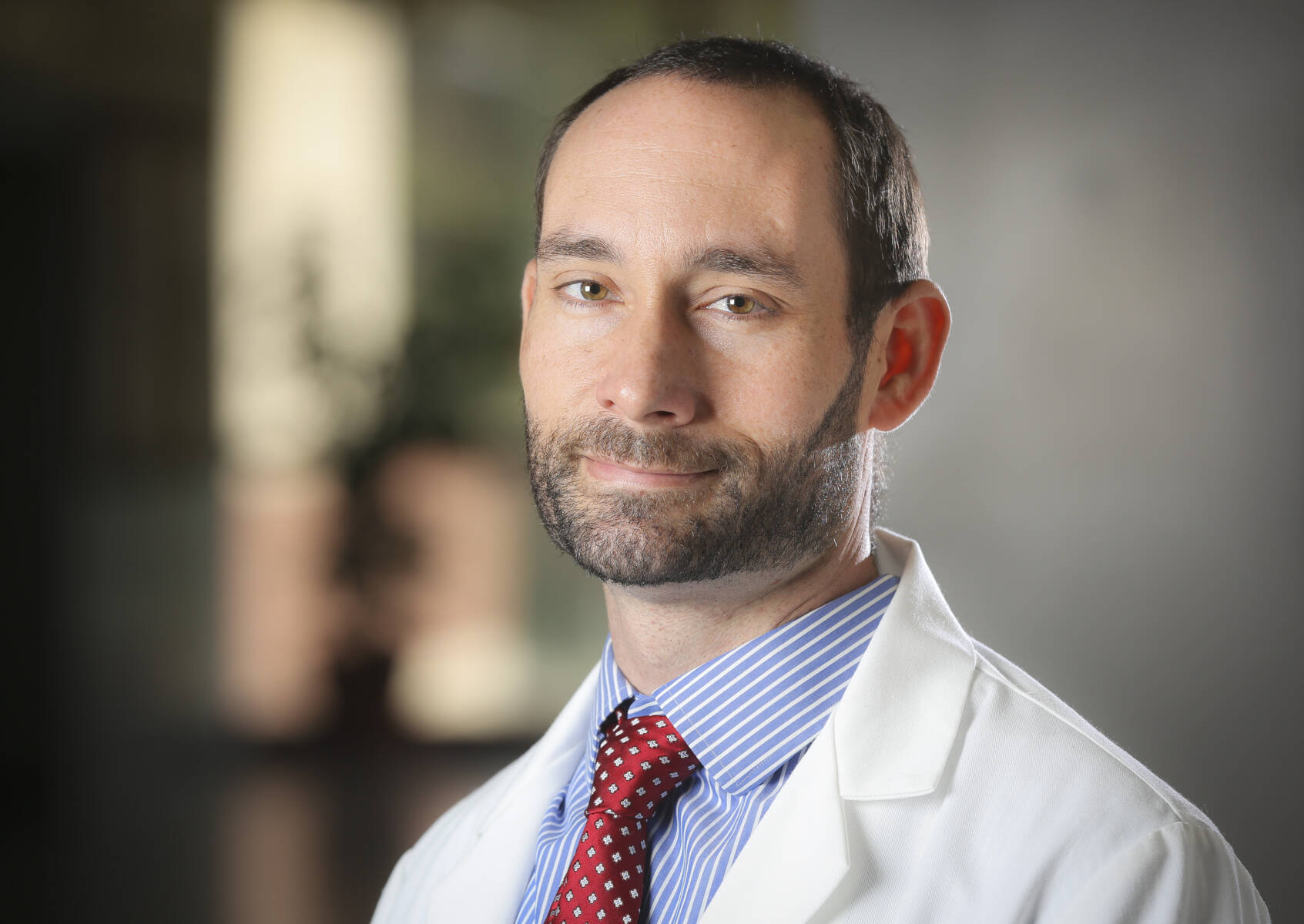
Todd M. Brusko, tbrusko@ufl.edu
Catherine Flores, catherine.flores@neurosurgery.ufl.edu
Leeana Peters, leeanapeters@ufl.edu
Mark Atkinson, Lyle Moldawer, Phil Efron, Clive Wasserfall, Clayton Mathews, David Ostrov, Matthew Pipkin, Laura Solt, Susana Valente, Mauricio Martins, Joe G.N. "Skip" Garcia, Wayne McCormack, Duane Mitchell, Elias Sayour, Emily Moser, Allison Bayer, Weizhou Zhou, Eric Sobel, Carl Atkinson, Mark Brantley
Immunology faculty within the UF College of Medicine conduct cutting-edge immunology applied to cancer, HIV, autoimmunity, inflammation, SARS-CoV-2 and beyond.
Flow Cytometry






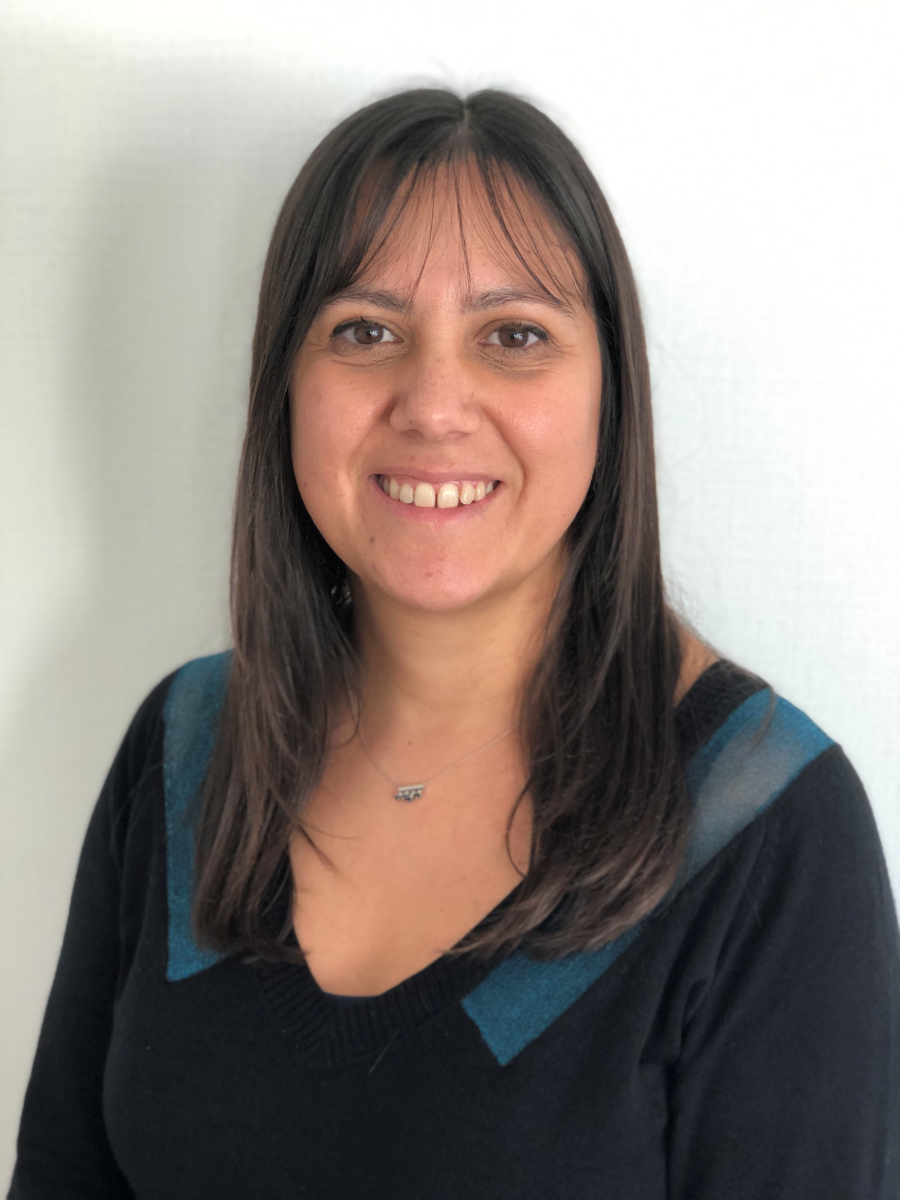
Dr. Carole Guillonneau, PhD, carole.guillonneau@univ-nantes.fr
Régis Josien, rjosien@nantes.inserm.fr
Maria Cristina Cuturi; Ignacio Anegon; David Laplaud; Sophie Brouard; Pierre Antoine Gourraud; Fabienne haspot; Nicolas Degauque; Matthieu Giraud; Jérôme Julien; Laurent David; Franck Halari; Jeremy Poschman; Elise Chiffoleau; Jérôme Martin; Aurélie Moreau.
Main areas of translational and clinical research : 1) organ transplantation and GVHD; 2) autoimmune diseases and; 3) immuno-oncology. We develop cellular immunotherapies (TolDCs, Tregs, TILs), MAbs against new targets and combined immune and radiotherapies in cancer.





Dr. Ludvig Magne Sollid, MD, PhD, l.m.sollid@medisin.uio.no
Inger Sandlie, inger.sandlie@ibv.uio.no
Jan Terje Andersen; Bjarne Bogen; Alexandre Corthay; Erik Dissen; Victor Greiff; Guttorm Haraldsen; Kari Tvete Inngjerdingen; Marit Inngjerdingen; Frode Jahnson; Fridtjof Lund-Johansen; Karl-Johan Malmberg; Ludvig Andre Munthe; Tuula Nyman; Johanna Olweus; Suho-Wang Qiao; Anne Spurkland.
We develop and support research activities on clinical immunology in Oslo. The Center has several local activities including a Visiting Professor Program and a Guest Lecturer Program.
TCR/BCR sequencing



Dr. Graham Ogg, MD, PhD, graham.ogg@ndm.ox.ac.uk
Dr. Siraj Misbah, MD, siraj.misbah@ouh.nhs.uk
Graham Ogg Paul Klenerman Enzo Cerundolo Andrew McMichael Helen Chapel Lars Fugger Siraj Misbah Jenny Lortan Sarah Rowland Jones Richard Cornall Katja simon Berne Ferry Smita Patel Georg Hollander Jackie Palace Fiona Powrie Alison Simmons Ling-Pei Ho Andy Pollard Paul Bowness Adrian Hill Helen McShane Julian Knight Seph borrow Marc Feldmann Lucy Dorrell Tao Dong Rashmi Jain Holm Uhlig
The University of Oxford, the Oxford NIHR Biomedical Research Centre and Oxford University Hospitals NHS Trust houses several internationally recognized academic and clinical groups with specific interests and expertise in varied aspects of immunology. These range from basic human immunology, immunogenetics, primary immunodeficiency, HIV, neuroimmunology, immune-mediated gastrointestinal disorders, autoimmunity, allergy, dermatology, infectious diseases, tumour immunology, paediatrics, respiratory medicine, renal disease, rheumatology, vaccine development and immunotherapies. Their focus is on translational research as well as understanding the immune mechanisms that underpin disease.
Allergy,Ankylosing Spondylitis,Asthma,Autoimmune Thyroid Disease,Autoinflammatory Diseases,Bioinformatics and Big Data,Biomarkers,Cancer Immunology,Cell Signalling,Dendritic Cells,Dermatology,Genomics,HLA,Immunogenetics,Immunotherapy,Inflammation,Innate Immunity,Lupus,Multiple Sclerosis,Oral Desensitization,Pharmacogenetics of Adverse Drug Events,Regenerative Medicine,Recombinant Soluble HLA Molecules,Rheumatoid Arthritis,Statistical Analysis of High-dimensional Genomic Data,Stem Cells,Structure and Ligand Binding Properties of Antibodies and T-cell Receptors,Transplantation,Vasculitis,X-Linked Disorders
Biomarker Analysis,Clinical trial design,CRISPR/Cas9,Epigenetic Analysis,Exome sequencing,Flow Cytometry,Genome sequencing,Humanized mouse models,Immune cell genome engineering,Immunofluoresence,Immunohistochemistry,Lenti virus,Live animal imaging,Live Cell Imaging,Mass Cytometry (CyTOF),Mass Spectrometry and Proteomics,Organoids,Recombinant Molecule Expression and Purification,Single cell sequencing,Standardized flow cytometry,Stem Cells,Suppression assays,TCR/BCR sequencing,Tissue imaging


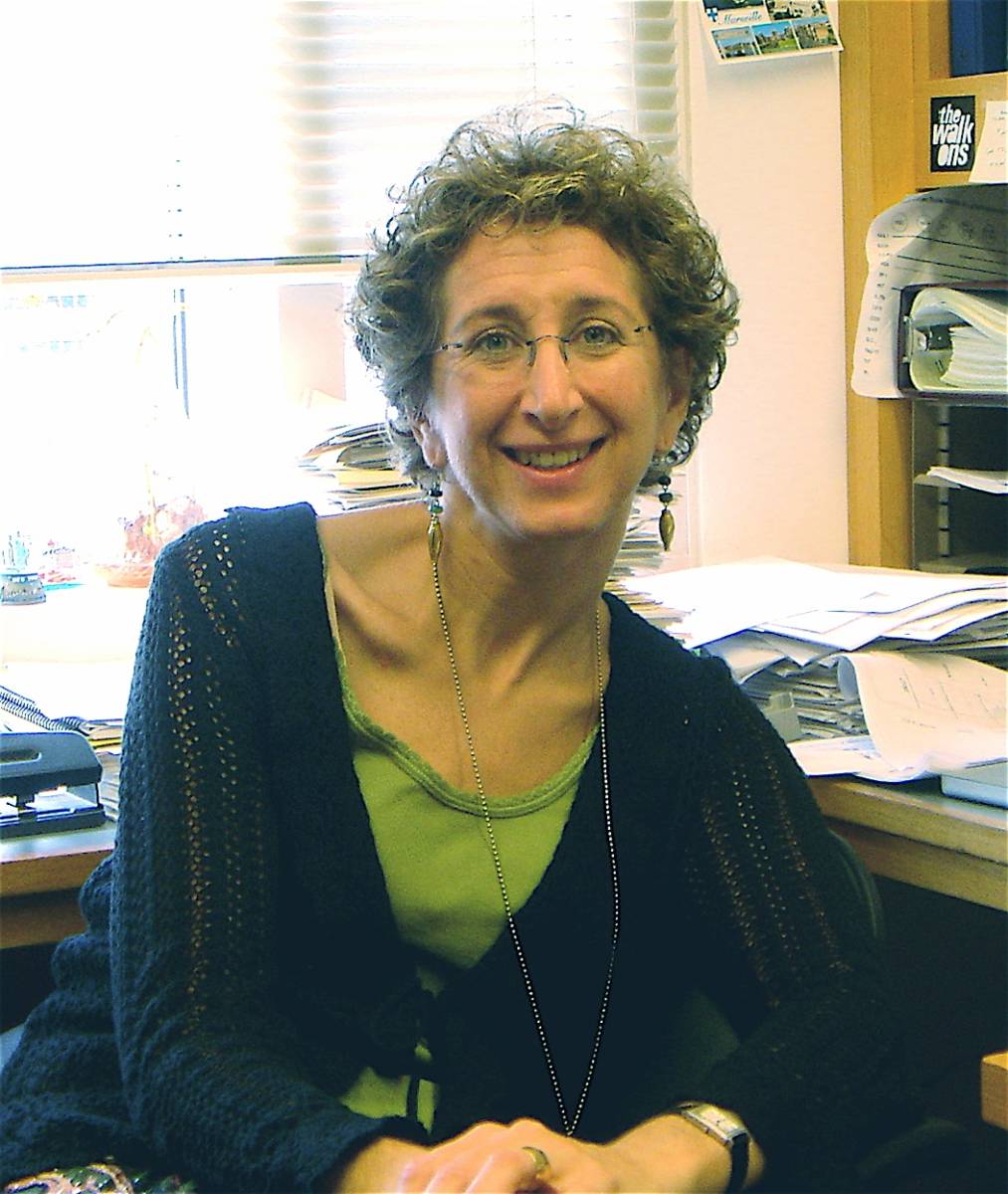


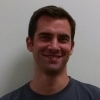
Daniella M. Schwartz, MD , Daniella.Scwhartz@pitt.edu
Dr. Jeremy Tilstra, MD, PhD, tilstraj@upmc.edu
Research work at the University of Pittsburgh includes diagnosis and treatment of inborn errors of immunity, including autoinflammatory diseases; we also study epigenetic mechanisms of cytokine regulation with a focus on IL-9 (Dr. Schwartz, Director). We also have a robust basic and translational immunology program that studies common autoimmune diseases like lupus, scleroderma, vasculitis, and myositis (Dr. Tilstra, associate director). Our institution has a robust basic immunology program that includes tumor immunology, transplant immunology, and microbiome studies.
Autoimmune Thyroid Disease,Autoinflammatory Diseases,Inflammation







Dr. Nicolai S.C. van Oers, PhD, nicolai.vanoers@utsouthwestern.edu
Christian Wysocki Rebecca Gruchalla David Farrar
Primary immunodeficiency diseases linked to thymic hypoplasia/aplasia conditions Novel gene discovery programs for immunodeficiency disorders Small RNAs and long noncoding RNAs during stress responses and infections
Autoinflammatory Diseases,Cell Signalling,Genomics,Immunodeficiency Diseases,Immunogenetics
CRISPR/Cas9,Epigenetic Analysis,Exome sequencing,Flow Cytometry,Genome sequencing,Recombinant Molecule Expression and Purification


Dr. Femke van Wijk, f.vanwijk@umcutrecht.nl
Femke van Wijk Jose Borghans Erik Hank Linde Meyaard Edward Knol Timothy Radstake Stefan Nierkens Niels Eijkelkamp Jurgen Kuball Marianne Boes Jeanette Leusen Marc Bonten Jorg Losdreht Bas Vastert Susanne Rooijakkers Jos van Strijp Rob Willems
Disease diagnostics, identification of novel biomarkers, novel strategies for disease classification and translational research
Allergy
Biomarker Analysis



Dr. Jeffrey Rathmell, PhD, jeff.rathmell@vumc.org
Dr. Meena Madhur, MD, meenakshi.s.madhur@vumc.org
Andrew Patterson, andrew.patterson@vumc.org
Timothy Blackwell, MD Leslie Crofford, MD James Crowe, MD Jonathan Irish, PhD Young Kim, MD/PhD Amy Major, PhD Simon Mallal, MBBS
The Vanderbilt FCE aims to apply systems and high dimensional immune analyses to better understand diseases of the human immune system. Key cell populations and genetic profiles are being examined in inborn errors of immunity, autoimmunity, and lung inflammation. Ongoing efforts also explore the scope and regulation of the immune repertoire, or immunome, in infection and health.





Dr. Bhagirath Singh, PhD, bsingh@uwo.ca
Dr. David Heinrichs, david.heinrichs@schulich.uwo.ca
Dr. E. Arts, Dr. S. Barr, Dr. L. Barra, Dr. E. Cairns, Dr. L. Cameron, Dr. S. Chakrabarti, Dr. C. Creuzenet, Dr. G. Dekaban, Dr. R. Dekoter, Dr. J. Dikeakos, Dr. L. Gunaratnam, Dr. S. M. Haeryfar, Dr. D. Heinrichs, Dr. B. Heit, Dr. D. Holdsworth, Dr. A. M. Jevnikar, Dr. C. Y. Kang, Dr. S. Kerfoot, Dr. S. Kim, Dr. A. Leligdowicz, Dr. J. McCormick, Dr. M. McGavin, Dr. J. Prodger, Dr. M. Rieder, Dr. A. Sener, Dr. B. Singh, Dr. N. Spencer, Dr. C. Wijer
The Western Infection, Immunity & Inflammation Center (WIIIC) is the home of our FCE and it brings together researchers from multiple disciplines who share a common interest in how immunological processes, inflammation, and infectious diseases influence human health.
Allergy,Asthma,Autoinflammatory Diseases,Biomarkers,Cancer Immunology,Cell Signalling,Cellular Therapies,Dendritic Cells,Diabetes,Flow Cytometry,Gene Therapy,Hematologic Malignancies,HLA,Inflammation,Innate Immunity,Lupus,Microbiology,Multiple Sclerosis,Pharmacogenetics of Adverse Drug Events,Rheumatoid Arthritis,Structure and Ligand Binding Properties of Antibodies and T-cell Receptors,Transplantation
Biomarker Analysis,Clinical trial design,Epigenetic Analysis,Flow Cytometry,Humanized mouse models,Immune cell genome engineering,Immunofluoresence,Immunohistochemistry,Live animal imaging,Live Cell Imaging,Mass Spectrometry and Proteomics,Recombinant Molecule Expression and Purification,Standardized flow cytometry,Suppression assays,Tissue imaging


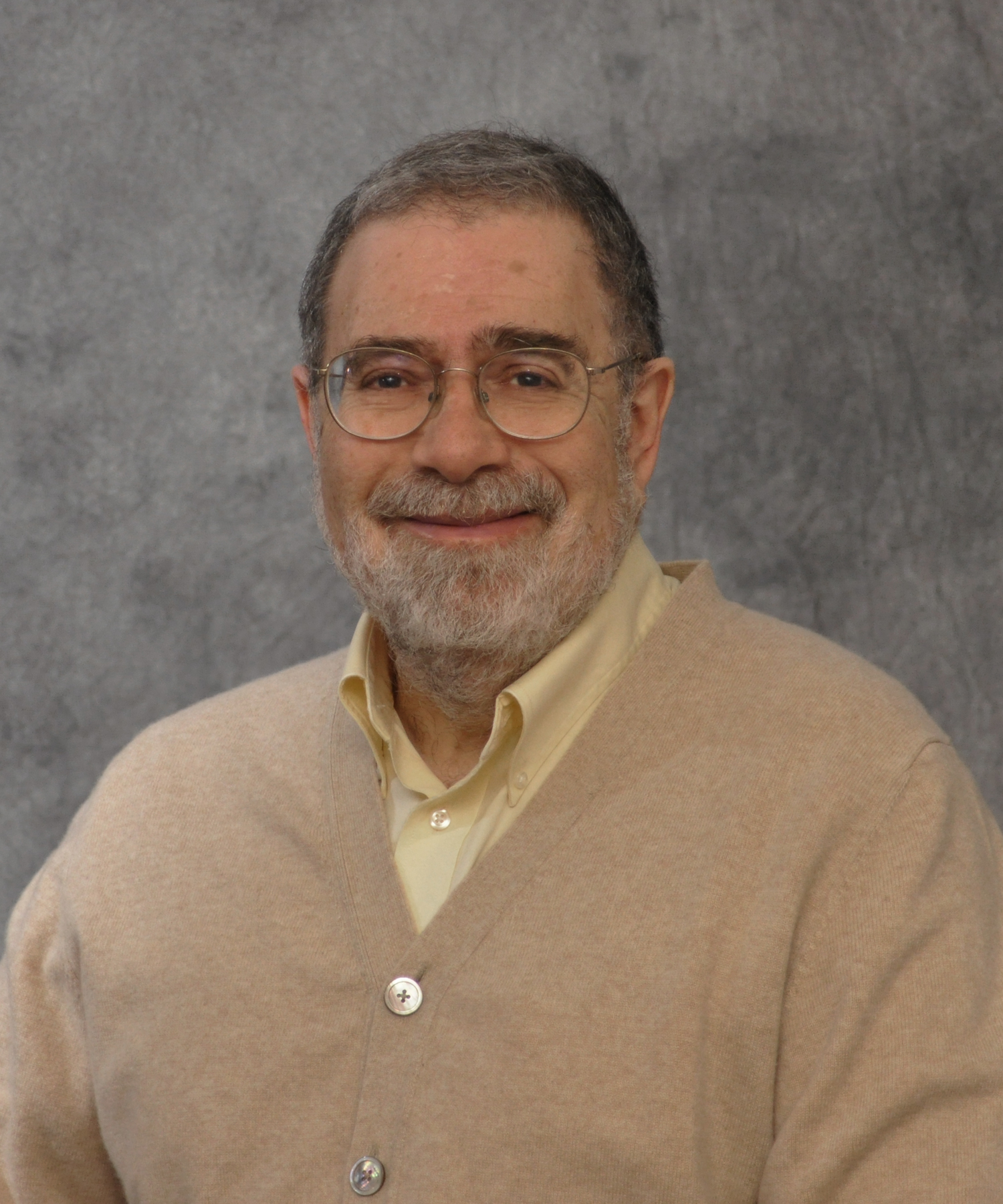
Dr. Jordan S. Pober, MD, PhD, jordan.pober@yale.edu
Dr. Steven Kleinstein, PhD, steven.kleinstein@yale.edu
Kevan Herold MD, David Hafler MD, Lieping Chen MD,PhD, Joseph Craft MD, Eric Meffre PhD, Clara Abraham MD, Stephanie Eisenbarth MD, PhD, Carrie Lucas PhD, Noah Palm PhD, Sanjay Kulkarni MD, Kevin O'Connor PhD, Nik Joshi PhD
The HTI program, which is Yale's FCE, supports research in autoimmunity, immunodeficiency, allergy, cancer immunology, transplantation and in other disorders in which the immune system may contribute. Key emphasis is placed on human studies, clinical investigation and human trials and membership is open to any Yale faculty member with interest in these areas.
Allergy,Bioinformatics and Big Data,Cancer Immunology,Cell Engineering,Cell Signalling,Cellular Therapies,Dendritic Cells,Dermatology,Diabetes,Endocrinology,Flow Cytometry,Gastroenterology,Immunodeficiency Diseases,HLA,Immunogenetics,Immunotherapy,Inflammation,Innate Immunity,Lupus,Microbiology,Multiple Sclerosis,Regenerative Medicine,Rheumatoid Arthritis,Statistical Analysis of High-dimensional Genomic Data,Stem Cells,Transplantation
Clinical trial design,CRISPR/Cas9,Exome sequencing,Flow Cytometry,Genome sequencing,Humanized mouse models,Immune cell genome engineering,Immunofluoresence,Lenti virus,Live animal imaging,Mass Cytometry (CyTOF),Mass Spectrometry and Proteomics,Organoids,Recombinant Molecule Expression and Purification,Standardized flow cytometry,Stem Cells,Suppression assays,TCR/BCR sequencing,Tissue imaging